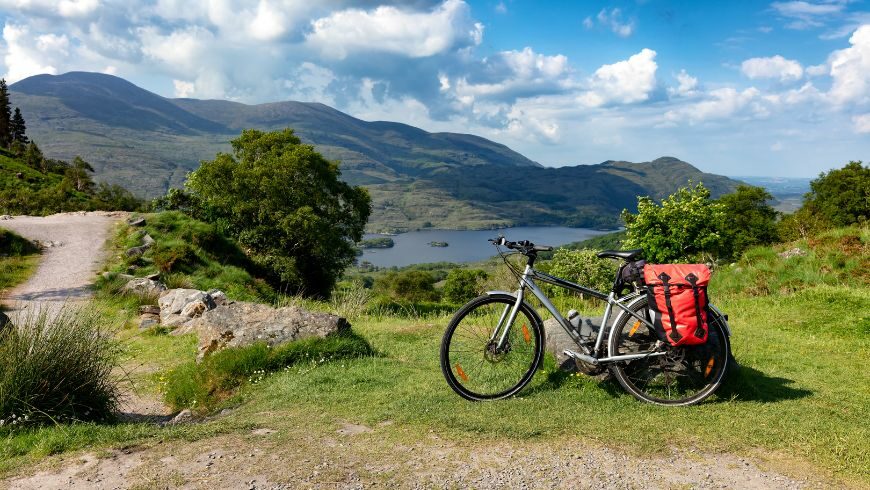In an age where sustainability matters more than ever, eco-vacations are the way to go. You can minimize your carbon footprint with an electric car rental or support local ecosystems with a memorable and environmentally friendly holiday. Let’s take a closer look at five tips to help you plan the best eco-vacation.
1. Choose Eco-Friendly Accommodations
Choosing accommodations that prioritize sustainability is a good way to get started with your eco-vacation. Look for hotels or lodges that use renewable energy, recycling, and water-saving methods. It’s good to stay in eco-resorts because you don’t have to worry about your environmental impact, and you support businesses that care about the environment.

2. Travel Green
When planning your vacation, you may not realize that transportation is a major contributor to your carbon footprint. However, there are steps you can take to reduce your impact. For instance, if you have time, consider taking a train instead of flying. It may take a bit longer, but it’s often more scenic and has a lower carbon footprint.
If you don’t have an available electric car rental, take public transportation, which is often cheaper and less polluting. Think about your route when you get there. You could also rent a bicycle or walk to get around. Not only is this better for the environment, but it also lets you fully immerse yourself in the local culture.

3. Support Local Communities
You should consider how you can support the local community when planning an eco-friendly vacation. Supporting the economy of the community by taking tours and activities led by local guides offers authentic experiences. You can enrich your trip by engaging with the local community and learning about their culture, traditions, and way of life by engaging with them.
In addition to supporting community tours and activities, you can purchase souvenirs from local artisans. The souvenirs not only make for great gifts but also support the livelihoods of local artisans. You are contributing to sustainable tourism practices by purchasing locally-made products.

4. Respect Nature and Wildlife
When you go to natural areas, following the leave-no-trace rule is important. This means you should avoid leaving any physical or environmental impact on the area. Stay on designated trails to protect local plants and animals. Walking off the trail can damage fragile plants that take a long time to recover. Maintain a safe distance from local animals and never feed them. Additionally, some human food can be harmful or deadly to certain animals. Maintaining the delicate balance of natural ecosystems for future generations is possible through responsible interactions with nature.

5. Practice Sustainable Living
You should always maintain sustainable habits when traveling. If you choose eco-friendly sunscreen and toiletries, you will greatly reduce the chemicals and pollutants in your water and soil. Choose products with natural and biodegradable ingredients or packaging that can be recycled. These conscious choices will minimize waste and pollution, improving the environment where you are.
Eco-vacations offer a unique opportunity to explore the world responsibly. By choosing eco-friendly accommodations, traveling green, supporting local communities, respecting nature, and practicing sustainable living, you can have a holiday that’s fulfilling for you and beneficial for the planet.




